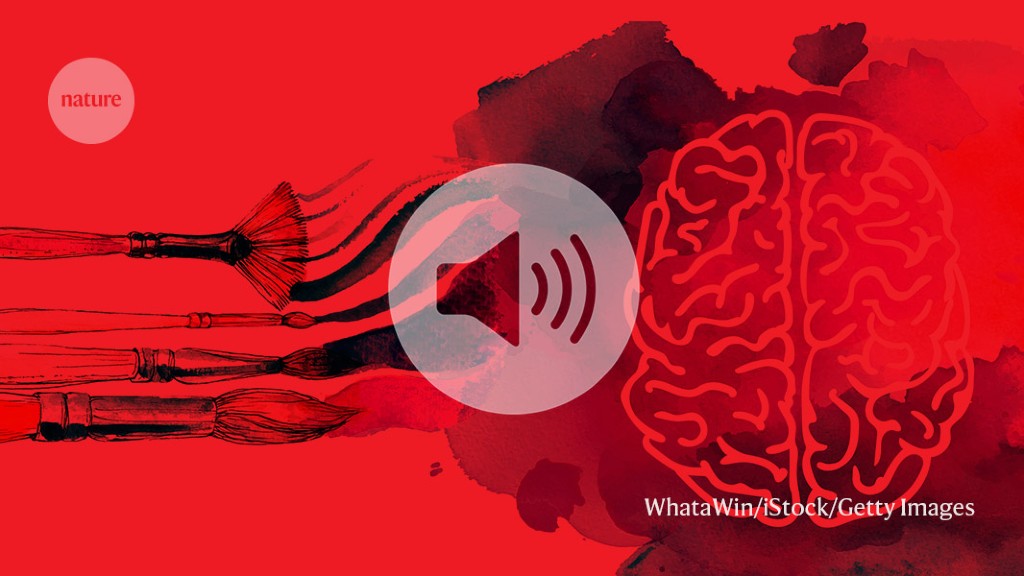
In the first episode of this six-part Working Scientist podcast series, Julie Gould explores the history of science and art, and asks researchers and artists to define what the two terms mean to them.
Like science, art is a way of asking questions about the world, says Jessica Bradford, head of collections and principal curator at the Science Museum in London. But unlike art, science is about interrogating the world in a way that is hopefully repeatable, adds UK-based artist Luke Jerram, who creates sculptures, installations and live artworks around the world.
Ljiljana Fruk, a bionanotechnology researcher at the University of Cambridge, UK, says artists can be more playful and work faster, whereas scientists need to repeatedly back up their work by data, a more time-consuming exercise. They are joined by Arthur I. Miller, a physicist who launched the UK’s first undergraduate degree in history and philosophy of science in 1993, and Nadav Drukker, a ceramic artist and theoretical physicist at King’s College London.
Future episodes in this series will focus on how scientists collaborate with artists and why their partnerships are so important. It will also feature researchers who, like Drukker, juggle research careers alongside creating art.
Each episode concludes with a follow-up sponsored slot from the International Science Council (ISC). The ISC is seeking perspectives from science fiction authors on how science can meet societal challenges, ranging from climate change and food security to the disruption caused by artificial intelligence.
